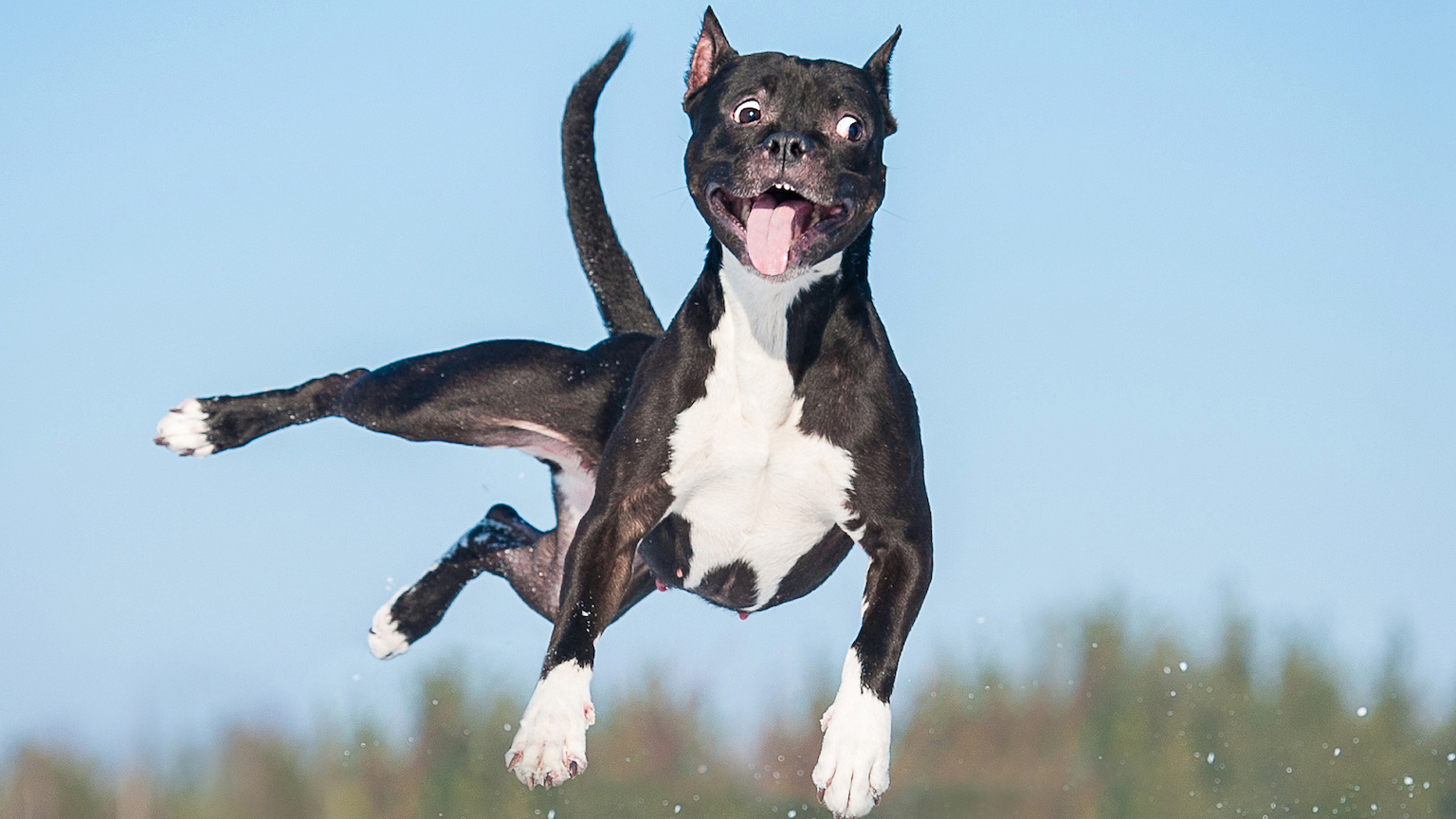
The beagle can be described as a smaller scent dog than the larger foxhound. This breed was originally developed to hunt hare. Today, the beagle is a popular hunting dog and can be found around the globe. It is very alert and can track prey with pinpoint accuracy.
Xenophon (1897), Hunting, (Cynegeticus).
The essay "On Hunting With the Beagle", by Xenophon, outlines several key steps for hunting with the hound. The hunter must first teach his hound how to see the hare. The master should then feed his hounds close to the nets of the hare. Then, once the hare is captured, the hunter must reward the hounds with food.
Xenophon then discusses the importance and benefits of hunting for the war effort. Hunting is a great way to rescue soldiers from difficult places. Hunting makes soldiers more upright and sober and trains them in the School of Truth. Soldiers who hunt for virtue are better than those who hunt.
Xenophon's presentation on hunting with the Beagle is interesting and thought-provoking. He explains the importance of different types of hounds in hunting the game and then he describes various modes of chasing. Some dogs will pursue the target using an unspecific approach. Others may use a more physical approach to the chase. While others might feel jealous, others simply follow the lead.

Before foxhunting became popular in the 19thcentury, beagles hunted hare. Both young and old hunters found the beagle a great hunting companion. The beagle was also an excellent dog for hunting undergrowth. Its scent-tracking abilities made it an excellent hunting dog.
Xenophon (1897), Xenogeticus
Xenophon's political philosophy is a matter of interpretation and controversy. However, certain works clearly show his distaste towards democracy and desire to be part of the oligarchy. Cyropaedia (one of his works) is one such. It is an important work for those who wish to understand Xenophon's political philosophy.
Xenophon (or Xenophon) was a military leader and philosopher. Born in Athens, he was appointed commander of the Greek mercenary armies in 401 BC. He was instrumental in establishing precedents for numerous logistical operations. He was also the first person to describe feints and flanking strategies in battle.
Xenophon primarily wrote his works to reflect his experience. His adventure in 401-400 BCE, for example, is described in the Anabasis and Cyropaedia. He was also associated with Socrates, an influential teacher. The Hellenica on the other hand is a personal account of the politicalomilitary history of his era. The Hellenica's treatises about household management and military commands are also the result of personal experiences.
Xenophon also wrote six works other than his Xenogeticus. Cynegeticus, one of these works, deals with technical aspects in hunting. It provides information about hunting with dogs or nets. Xenophon sees hunting as a divinely ordained activity. This promotes excellence. De re equestri also deals with horse ownership. Finally, his book Cavalry Commander is about improving the Athenian cavalry corps.

Xenophon has a close relationship to the gods. They are often mentioned in rituals and ethical contexts by Xenophon. Xenophon might have been pragmatic about gods, but he insisted that there was a moral component to practical skills.
Xenophon was a young man who was born about 430 BC. He was raised in a wealthy equestrian home. He was a part of a revolutionary arm that sided against Cyrus the Younger. He became involved in Artaxerxes II's revolt in 401 BC. Xenophon's role was pivotal in the Persian campaign against Artaxerxes II.
FAQ
Which size are cats and dogs easier to train?
Both. It all depends upon how you approach training them.
You can make them learn faster if they get treats for doing the right thing. However, if you ignore them and don't listen to them, they'll begin to ignore you.
So, there's no right or wrong answer. You must find the best way to teach your cat or dog.
How can I determine if my dog is suffering from fleas
Your pet may be suffering from fleas if he/she is constantly scratching his fur, licking himself excessively, or looks dull and untidy.
Flea infestations could also be suspected if you notice redness on your pet’s skin.
Your pet should be seen by a vet immediately for treatment.
What are some signs that my pet might be sick?
There are many symptoms that indicate that your dog is sick. Symptoms include:
-
Vomiting
-
Diarrhea
-
Lethargy
-
Fever
-
Weight loss
-
Reduced appetite
-
Coughing
-
Difficulty in breathing
-
Bleeding from below the nose
-
In stool or urine, blood can be found
These are only a few examples. Your vet will be able to tell you what to watch out for.
What is pet insurance?
Pet Insurance provides financial protection when your pet is injured or becomes sick. It also covers routine veterinary services such as microchipping, spaying/neutering, vaccinations, and other preventive care.
Additional benefits include emergency treatment in the event your pet becomes ill or is involved in an accident.
There are two types to pet insurance
-
Catastrophic insurance - This policy covers your cat's medical expenses in the event of severe injury.
-
Non-catastrophic - This type covers routine veterinary costs, including vaccines, microchips, and spays/neuters.
Some companies offer both non-catastrophic and catastrophic coverage. Others only offer one.
These costs will be covered by a monthly premium. This amount will depend on how much you spend to care for your pet.
The price of insurance depends on which company you choose. Shop around before making a purchase.
If you purchase multiple policies, some companies offer discounts.
You can transfer an existing pet plan from one company to another if you have it.
If you don't want to purchase pet insurance, you will have to pay all the costs yourself.
But there are still ways that you can save money. Ask your veterinarian for discounts.
He might discount you if you bring your pet to see him frequently.
Or, you can find a local animal shelter where you can adopt a pet instead of paying for one.
No matter which type of insurance you choose, it is important to read all the fine print.
It will inform you of the amount of your coverage. If you aren't sure about something, call the insurer immediately.
Should I spay/neuter my dog?
Yes! Yes!
It helps reduce unwanted puppies and reduces the risk for certain diseases.
There is, for instance, a greater chance of breast cancer in female dogs that in male dogs.
Males are at greater risk for testicular cancer than their female counterparts.
Also, spaying or neutering your pet will prevent her from having children.
How to train a pet?
It is important to be consistent when training your dog or cat. You must make sure you are consistent in how you treat them. They will distrust you if they perceive you as being mean. They may also begin to believe that all people are like them.
If you don't treat them with respect, they will not know what else to expect. This could make them anxious about other people.
The best way to teach a dog or cat is by using positive reinforcement. When you reward them for doing something right, they will want to repeat this behavior.
If they are guilty of a crime, punishing them will be associated with bad behavior and not rewards.
To reinforce good behavior, treats such as toys and food are a great way to reward your efforts. You should also praise your behavior whenever you can.
Clickers can be used for training your pet. Clicking allows you to tap on a button and tell your pet that it was successful.
This is because clicking indicates "good job" to animals.
Show your pet the trick first. Next, reward your pet by asking him to perform the trick.
He should be praised when he does it correctly. Don't be too proud. You should only praise him once.
You should also set limits. Don't let your pet jump up on other people. You should also not allow your pet to bite strangers.
You must always supervise your pet so that he doesn’t injure himself.
Consider these things when you are considering getting a pet.
You must first consider what kind lifestyle you wish for yourself, your family, and your friends. Are you married? If so, how many? Are they currently over 50? Do they have any special dietary needs?
Do you have allergies? Is there anything else you need to know about your pet?
Now, you can think about whether you are looking to find an active companion, quiet lap dog or house-trained cat. Or perhaps a fish tank filled with tropical fish.
Adopting a puppy is a great idea. Make sure to visit a rescue or shelter group so you can get to know the animals and feel at ease with them.
You will also need to confirm that the animal has been immunized against rabies or other diseases.
Also, inquire about the owner's willingness to take care of your pet while you travel. You won't need to worry about your pet being left at home.
You should remember that pets are a part of your family and that you should not adopt them unless you truly love them!
Statistics
- Pet insurance helps pay for your pet's medical care, with many policies covering up to 90 percent of your vet bills. (money.com)
- A 5% affiliation discount may apply to individuals who belong to select military, law enforcement, and service animal training organizations that have a relationship with Nationwide. (usnews.com)
- For example, if your policy has a 90% reimbursement rate and you've already met your deductible, your insurer would pay you 90% of the amount you paid the vet, as long as you're still below the coverage limits of your policy. (usnews.com)
- Monthly costs are for a one-year-old female mixed-breed dog and an under one-year-old male domestic shorthair cat, respectively, in excellent health residing in Texas, with a $500 annual deductible, $5,000 annual benefit limit, and 90% reimbursement rate. (usnews.com)
- Reimbursement rates vary by insurer, but common rates range from 60% to 100% of your veterinary bill. (usnews.com)
External Links
How To
How to train a cat for a pet
To train your cat, you should first understand what kind of animal he/she really is. Cats possess complex brains. Cats are highly emotional and intelligent. To ensure your cat behaves well, you need to consider his/her personality. You need to be able to manage your cat properly.
It is important to remember cats are independent beings. This means they don't like being told "no". So if you tell them "no," they may get angry at you. You should not hit your cat if he/she does wrong. Your cat needs love and affection, but it does not mean you can treat him/her like a human being.
If you suspect that your cat may have some issues, then it is best to work together to fix them. Talk to your cat calmly and gently. Avoid yelling at him/her. Remember that yelling makes him/her feel bad. It is not possible to force your cat or dog to eat. Sometimes, your cat won't eat. You should offer treats to your child when this happens. You should not give them too many treats as it could lead to overeating.
Always keep your cat clean. Each day you should thoroughly clean your cat. To clean dirt and dust off your cat, you can use a wet cloth. You must ensure that your cat has no fleas. Flea bites may cause skin irritation or allergies. Flea bites can cause severe skin irritation so you need to use a flea shampoo.
Cats love to be social. They are social animals and love to spend time together. It is important that you spend quality time with your pet cat. Play with your cat, play with him/her and give him/her a bath. These activities will make the cat happy.
If you want to train your cat, then you should start early. Begin training your kitten at two weeks of age. Your kitten should be around three months old to start training him/her. Your cat will be fully grown at this age and ready to learn new skills.
You should explain everything step by step when you teach your cat tricks. You should first show your cat the chair before you teach it to sit. Next, show your cat the chair and reward them with treats. Keep repeating these steps until your cat gets it.
Remember, cats are intelligent. Cats can quickly figure out how they should perform tasks. They require patience and persistence. Do not expect your cat will be able to master any task in a flash. Allow your cat to practice for a while before you give up.
Keep in mind that cats are wild animals. They are naturally curious and playful. If your cat runs free, it's possible for him/her to accidentally knock objects over. To prevent accidents, place your cat in a secure area that won't cause injury to him/herself.